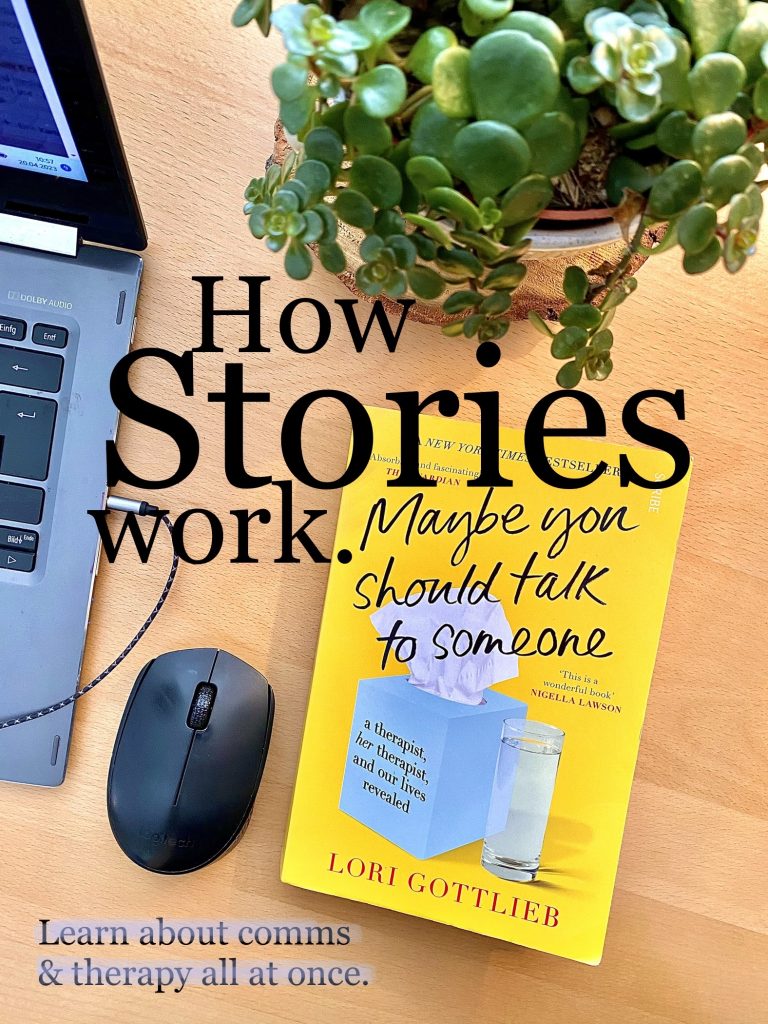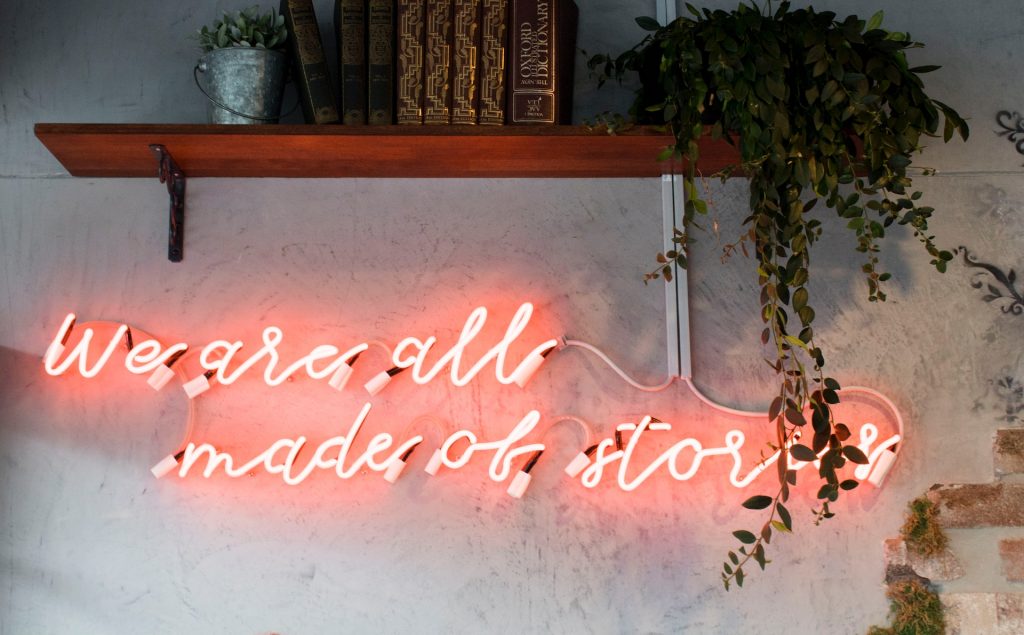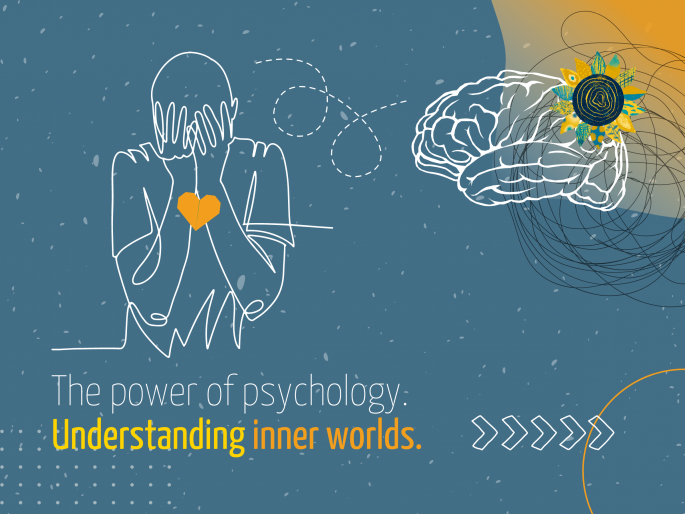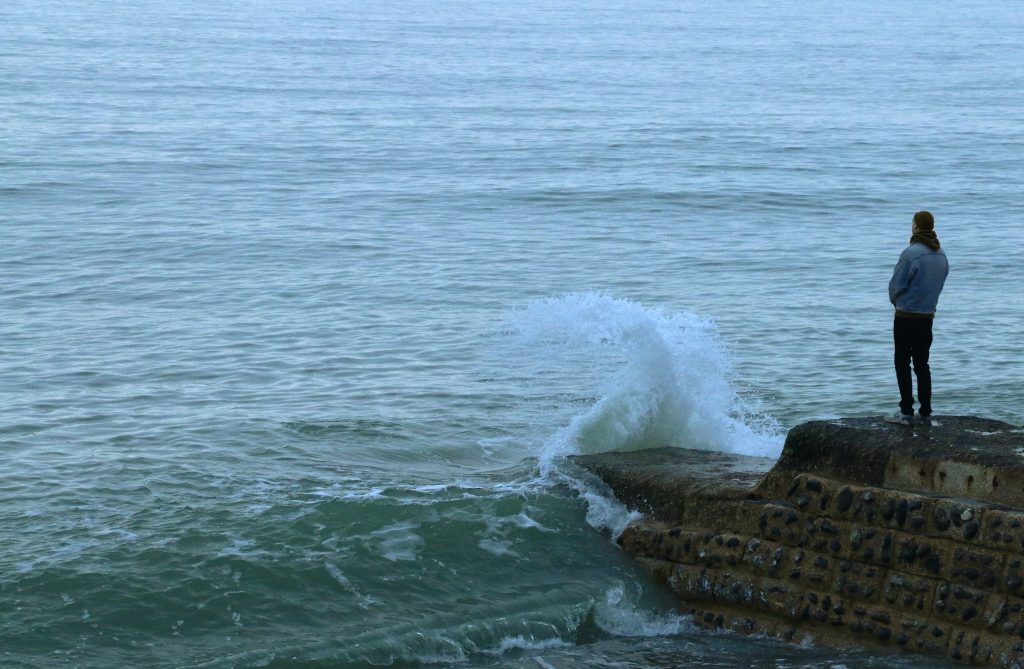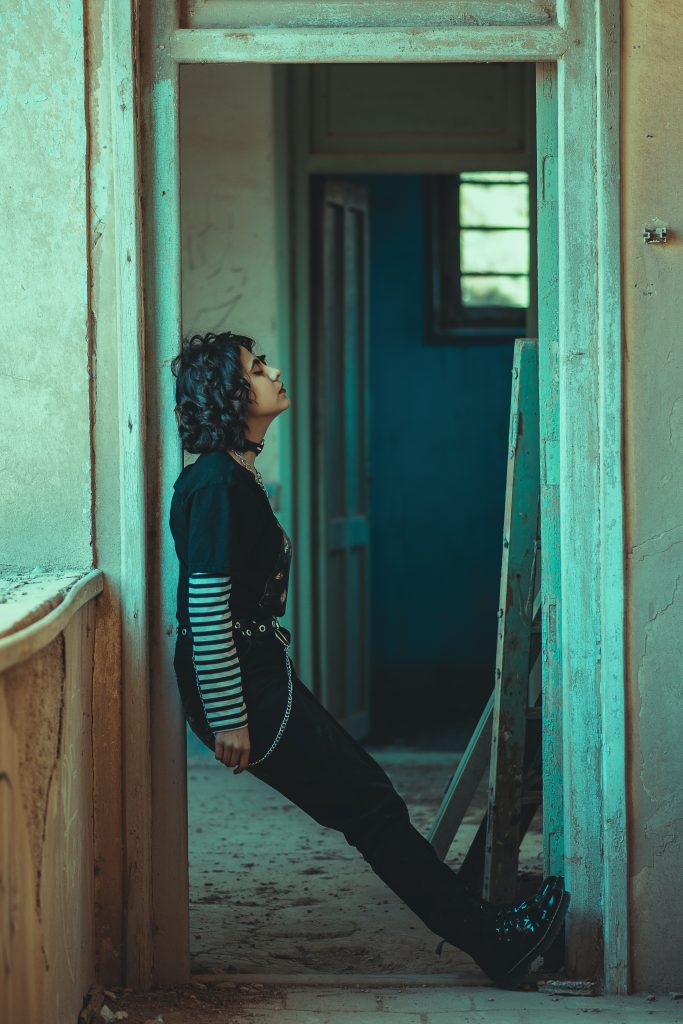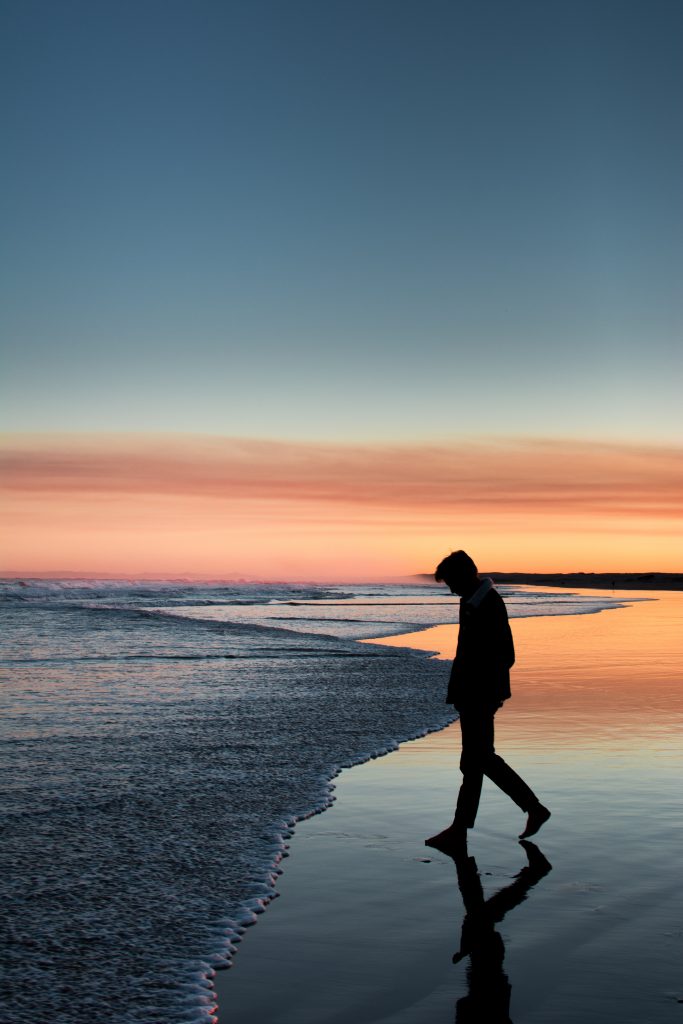“Aargh, action, goooo, bravoo.” Courage in the workplace sounds something like this: face adversity, run through fire, speak up, take risks, make changes, decide, and do it FAST. Or, if we go a bit deeper, we’re now all about admitting mistakes and I-don’t-knows (vulnerability! leadership!), asking for help, saying ¡NO!, putting out there what we got to say. Being the heroes of the situation.
But wait, what if we’re just scratching the surface here?
Hint: We are, and that’s an issue. To deplete big words of their meanings giving us direction and helping us learn from each other. To leave space only for the wrapping being tossed around in its usual circles.
Courage is a value to you? Then this is what you can do better – inspired by writers, literary artists and poets I love:
➤ Drop the safe and easy words, for example when asking the group how they’re doing. Recognize and use the power of starting a conversation. “We have to have the hard conversations even when we’re not ready…A word like loneliness conveys the true depth of shared human experience” (Brené Brown, in: Dare to Lead). Don’t be afraid to call each thing by its right name.
➤ Use those paper scraps. Like Brené Brown with her “permission slips” written at the start of meetings. “I give MYSELF permission to ask for more time to think about something before I share my point of view.” Do what you need to do, and encourage others to do the same. There’s power in giving permission, in being uncoventional and creative.
➤ Tell the truth (by writing a bestselling book, or just being there). The foundation of courage is vulnerability – the ability to navigate uncertainty, risk and emotional exposure (Brené Brown, in: Braving the Wilderness). We could all benefit from more of it; just as we would benefit from going to therapy where “you’ll be asked to be both accountable and vulberable”, and “manage the certainty of uncertainty without sabotaging” ourselves, in the safe space of the room. Words of the writer and psychotherapist Lori Gottlieb in “Maybe You Should Talk to Someone”. It takes courage to expose ourselves, just as she did in recounting the experience with her own therapist. While also writing from the other side of the couch: “Is there anything that makes us feel more vulnerable than asking someone: do you like me?” Asking is hard, but it’s what opens up ways and worlds. And telling the truth is courageous by nature, cause thew words are not just there, we got to dig down and shoot them up and we don’t know where and how it will land.“An ethical and evolved life also entails telling the truth about oneself and living out that truth” (Cheryl Strayed, in: Tiny Beautiful Things).
➤ Hold space for the unspeakable. There are things bigger than us, those that carry pain or make us uncomfortable. What if we could show up by not being cowards? “I know this without knowing her. It will never be ok that she lost her mother. And the kindest, most loving thing you can do for her is to bear witness to that, to muster the strength, courage and humility it takes to accept the enormous reality of its not okayness and be okay with it the same way she has to be.” (Cheryl Strayed) Whatever you do, bear witness to life.
➤ Carry a poet in you. “COURAGE is a word that tempts us to think outwardly, to run bravely against opposing fire, to do something under besieging circumstance, and perhaps, above all, to be seen to do it in public, to show courage..” But what if we redefined courage now?
“Courage is the measure of our heartfelt participation with life, with another, with a community, a work; a future. To be courageous is not necessarily to go anywhere or do anything except to make conscious those things we already feel deeply and then to live through the unending vulnerabilities of those consequences..Courage is what love looks like when tested by the simple everyday necessities of being alive.” (David Whyte)
Remember: We’re all real people with real lives and real problems. The most courageous things don’t have the word “courage” sprayed all across them. “You don’t have to explain what you plan to do with your life”. And ”faking it never works” (Cheryl Strayed).
Let’s be ok with things and not let our (avoidance of) discomfort drive us.

(Cover image: Oliver Cole on Unsplash)
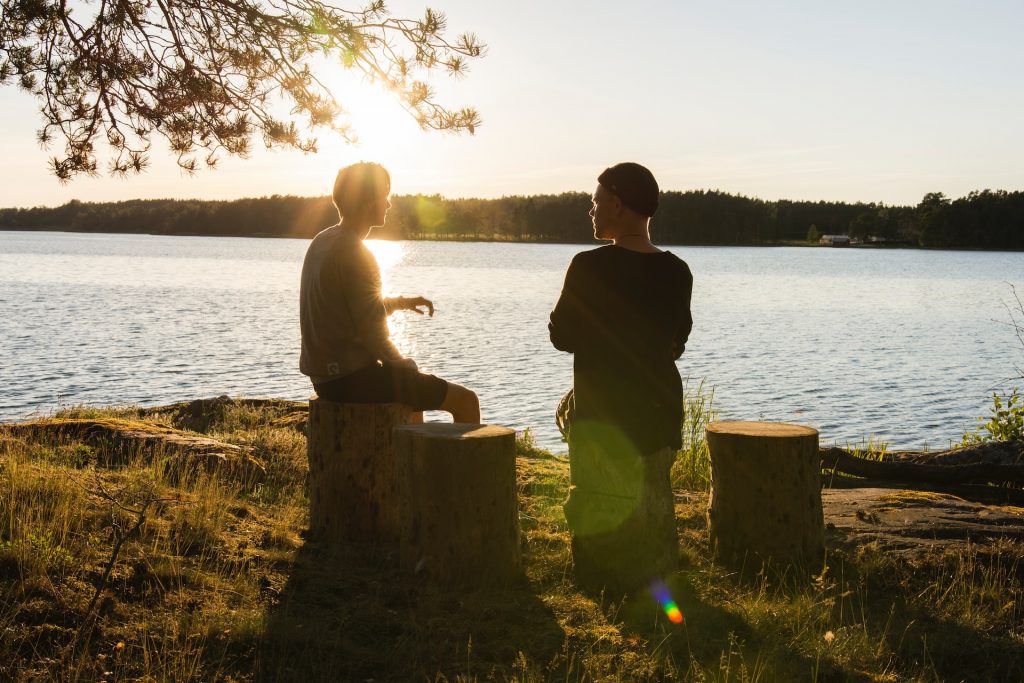
Hi! Besides being an aspiring coach, I’m a comms professional and creative for social impact. On my CV, I have life experience in leadership. Off it, I know about some hard edges of life. Through it all, I write to connect the dots and help bring out the best in people.
Reach out via LinkedIn or Email if you’re now feeling a tingle of connection, excitement, thirst for more. Or go back to the Blog to keep exploring.


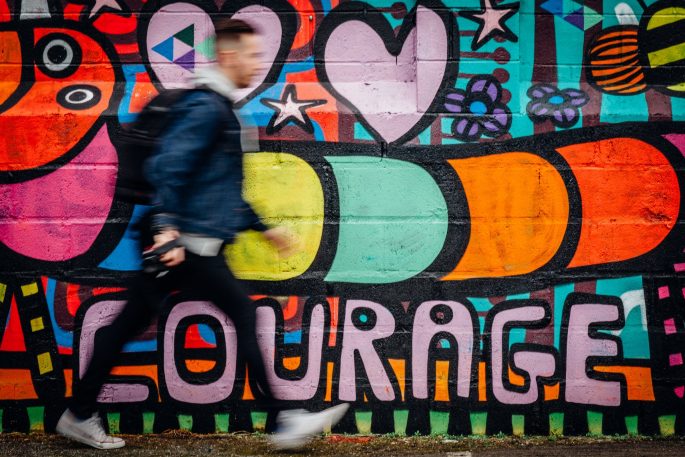



 ] Storytellers, anyone? “In therapy we say: Let’s edit your story.” I’m inspired by people who do courageous things, who tell honest stories, or even help to change them. And by great content editors, but that’s a different…story.
] Storytellers, anyone? “In therapy we say: Let’s edit your story.” I’m inspired by people who do courageous things, who tell honest stories, or even help to change them. And by great content editors, but that’s a different…story.